10 Unprecedented Global Events That Left the World Astonished
From time to time, certain events unfold that have the power to unite the entire world. We delved into the archives and compiled some of the most jaw-dropping moments in history. Get ready to explore 10 world events that will leave you speechless, from the past to the present.
1. The Nuremberg Trials - 1945:
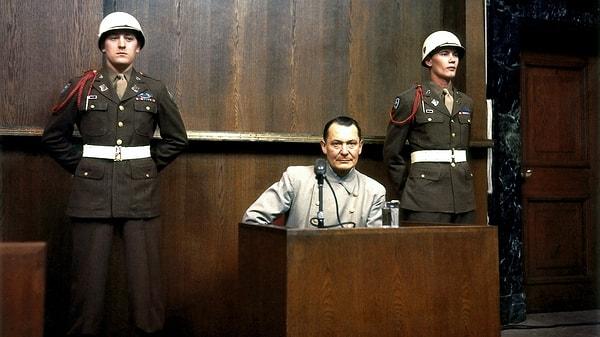
After ending the atrocities committed by Nazi Germany during World War II, 21 leaders faced an international military tribunal. Charged with crimes against humanity for their roles in genocide, 18 of the 21, many of whom were high-ranking officers, were found guilty. The trials marked a turning point in documenting Nazi war crimes and became a milestone in the fight against war crimes.
2. Roe v Wade Decision - 1973:
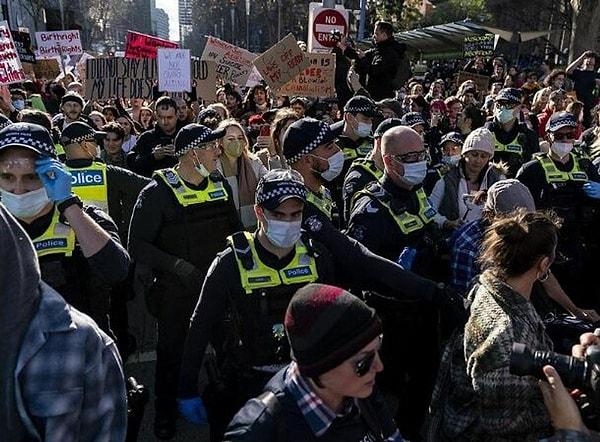
Despite being canceled in 2022, the Roe v Wade decision in 1973 was a historic moment for women's rights in the United States. It ensured the right to abortion when a Texas woman sued the district attorney for the right to undergo an abortion. The Supreme Court ruled in favor of a woman's right to privacy, allowing abortion within the first three months, challenging longstanding anti-abortion laws.
3. Challenger Space Shuttle Disaster - 1986:

In 1986, the Space Shuttle Challenger tragically exploded during launch, leading to the deaths of all seven crew members, including schoolteacher Christa McAuliffe. The disaster prompted NASA to implement significant safety changes and highlighted the risks associated with space exploration.
4. Birth of the Internet - 1983:

The internet began as a government program in the 1960s, aiming to create a decentralized network. It evolved over the years, leading to the standardization of data transmission in 1983. The internet, as we know it today, revolutionized every aspect of our lives, becoming a vital part of global communication.
5. Khmer Rouge Regime - 1970s:
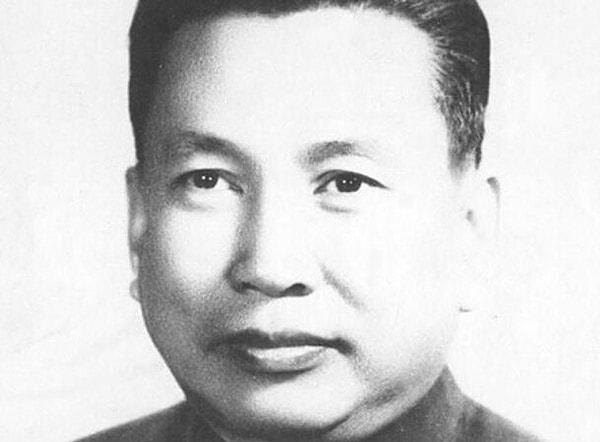
In the 1970s, Pol Pot, leader of the Khmer Rouge in Cambodia, orchestrated a brutal regime responsible for the deaths of millions. Targeting minorities, political dissidents, and those opposing extreme ideologies, the regime ended in 1978 when Vietnam intervened and overthrew Pol Pot.
6. Miracle on Ice - 1980:

The 1980 Winter Olympics witnessed the 'Miracle on Ice' when the U.S. ice hockey team, composed of young and inexperienced players, defeated the dominant Soviet team. The victory was a symbol of Cold War tensions and marked a historic moment in sports, captivating the world's attention.
7. 1972 Munich Olympics Massacre:

The 1972 Munich Olympics took a dark turn when the Palestinian group 'Black September' seized Israeli athletes, demanding the release of over 200 Palestinian prisoners. The crisis ended tragically, with all hostages killed, overshadowing Germany's return to the international stage after World War II.
8. Voting Rights Act of 1965:
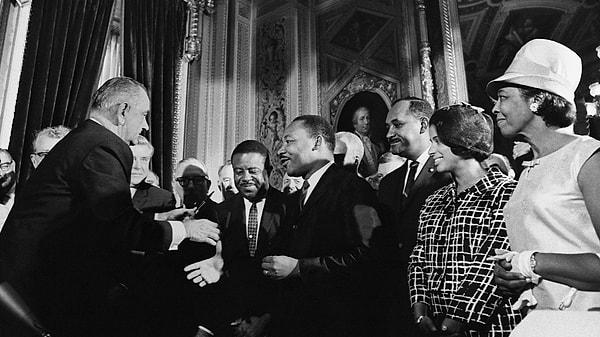
The Voting Rights Act of 1965 was a significant milestone in the United States, guaranteeing African Americans' right to vote. Despite the 15th Amendment theoretically granting this right, systemic practices in states and local policies systematically denied blacks access to this power. President Lyndon B. Johnson signed the act, securing a monumental step toward equality.
9. Thai Cave Rescue - 2018:

A group of young soccer players and their coach found themselves trapped in a cave in Thailand, capturing global attention. After 17 intense days, a team of divers, including two experts, miraculously located the group, highlighting the power of international collaboration and determination.
10. End of Apartheid - 1990s:
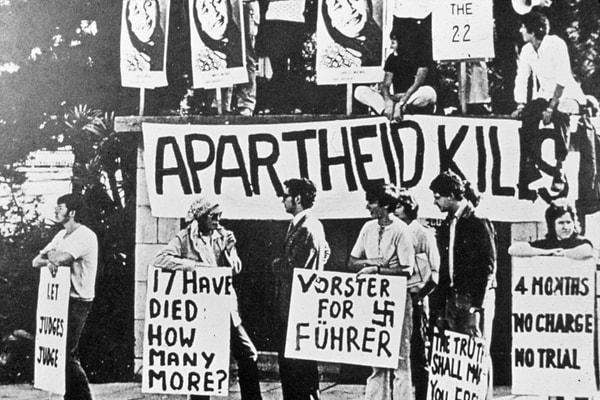
In South Africa, the racial segregation policy known as apartheid began in the 1950s and 1960s. Laws like the Population Registration Act categorized people into white, colored, Asian, or black, leading to separate systems for education, employment, and housing. International pressure forced the South African government to dismantle apartheid laws in the early 1990s, with Nelson Mandela's election as president in 1994 marking a turning point in the country's representation.
Keşfet ile ziyaret ettiğin tüm kategorileri tek akışta gör!


Send Comment